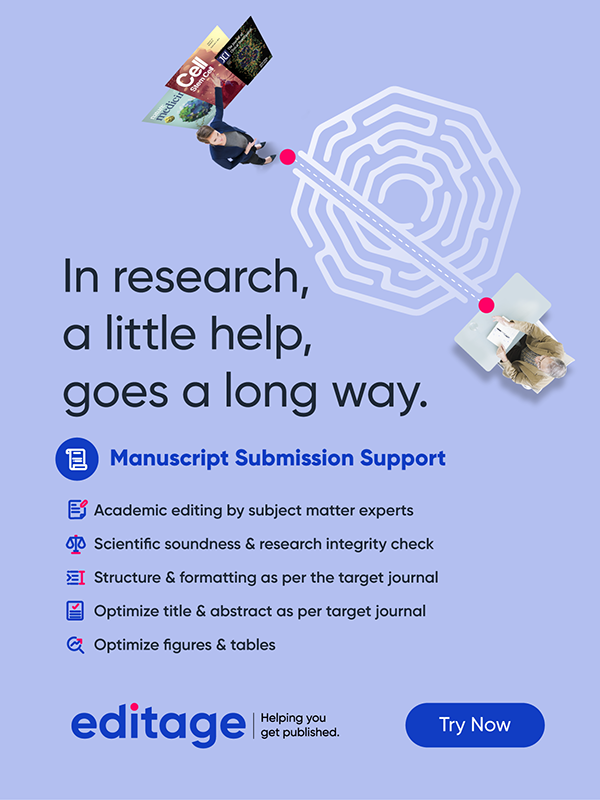
|
Getting your Trinity Audio player ready...
|
What is Peer Review?
The peer review process stands as a critical checkpoint in the journey to academic publication. It’s a rigorous evaluation that ensures the quality and credibility of your research. As a gateway to quality assurance and scholarly validation, successful navigation of this process is paramount. Comprehensive research support through our Manuscript Finalization Service can be your guiding light, emerging as an indispensable ally in this endeavour. In this article, we will delve into the significance of the peer review process and how comprehensive research support can facilitate a smoother path to successful publication.
The Peer Review Process: An Overview
Before we delve into the role of research support, let’s briefly recap the peer review process:
- Submission: After preparing your manuscript, you submit it to a journal for consideration.
- Editorial Evaluation: The journal’s editor assesses whether your manuscript aligns with their scope and guidelines.
- Peer Review: If deemed suitable, your manuscript undergoes peer review, where experts in your field evaluate its quality, validity, and significance.
- Reviewer Feedback: Reviewers provide constructive feedback, suggesting improvements or potential revisions.
- Revision: Based on reviewer feedback, you make revisions to your manuscript.
- Resubmission: Your revised manuscript, along with a response to reviewer comments, is resubmitted to the journal.
- Decision: The journal’s editor, considering your revisions and responses, makes a final decision regarding publication.

The Importance of Peer Review: A Gatekeeper of Quality
Peer review serves as a quality assurance mechanism in the academic world. Here’s why it matters:
- Validation: Peer review validates the integrity of your research by subjecting it to scrutiny from experts in your field. This validation enhances the credibility of your findings.
- Feedback: Constructive feedback from peer reviewers can help improve the clarity, methodology, and overall impact of your research.
- Enhanced Communication: Peer-reviewed publications facilitate effective communication of scholarly work, allowing fellow researchers to build upon your findings.
Comprehensive Research Support: Your Peer Review Companion
Comprehensive research support plays a pivotal role in each step of the peer review process. Here are some of the ways in which our Manuscript Finalization Service can guide you during peer review:
1. Preparing Your Manuscript: Formatting and Structure
Research support professionals assist in formatting your manuscript according to the specific journal’s guidelines. This includes organizing sections, citing sources, and ensuring adherence to style requirements. A well-structured manuscript aids reviewers in comprehending your work, so good flow and logical progression are of the utmost importance.
2. Language Polishing: Clarity and Precision
Effective communication is paramount. Through our Manuscript Finalization Service, we’ll ensure that your manuscript is written in clear, concise language, minimizing ambiguity and enhancing overall readability. This enables reviewers to focus on the content rather than deciphering complex language.
3. Highlighting Significance: Crafting a Persuasive Cover Letter
A compelling cover letter is your opportunity to convey the significance of your research. Research support can assist in drafting a cover letter that succinctly encapsulates the importance of your work, increasing the chances of engaging reviewers from the outset.
4. Addressing Reviewer Comments: A Constructive Response
When reviewer comments arrive, research support professionals can assist you in comprehending the feedback, categorizing suggestions, and crafting well-structured responses. This collaborative effort ensures that your revisions directly address reviewer concerns.
5. Visual Enhancements: Clarity in Visuals
If your research involves visual elements, such as graphs, charts, or images, we will ensure that these visuals are not only accurate but also aesthetically pleasing. Well-designed visuals enhance the clarity of your findings and contribute to a comprehensive review process.
6. Reducing Stress: Experienced Guidance
Navigating the peer review process can be stressful. Research support provides experienced guidance, offering insights into the nuances of the process and helping you manage expectations. This support lessens anxiety and empowers you to confidently engage with reviewers’ feedback.
Conclusion: A Collaborative Path to Publication Success
Comprehensive research support serves as an invaluable partner throughout the peer review process, streamlining your manuscript’s presentation, communication, and response to feedback. By ensuring that your work is clear, concise, and aligned with journal guidelines, the support offered through our Manuscript Finalization Service increases the likelihood of a favourable review. As you embark on the journey toward successful publication, remember that the collaboration between your scientific expertise and comprehensive research support is a potent combination that can pave the way to academic recognition and impact.
Click here to know more about our services: https://www.editage.us/services/peer-review-services-by-expert-journal-reviewers









Leave a Reply